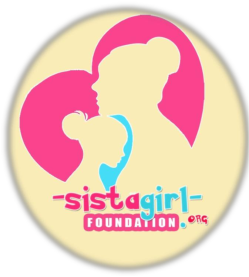- Have any questions?
- +27 72 723 6378
- info@sistagirl.org.za
Water is life
There are number of reasons why poverty has become an epidemic in Africa. Poverty can be the result of political instability, ethnic conflicts, climate change and other man-made causes.
But one of the greatest causes of poverty in Africa is also the most overlooked, the lack of access to clean drinking water. Nearly one billion people do not have access to clean, safe water- thats the equivalent of 1 in 8 people on the planet- According to The water Project.org
The lack of water is an often a huge obstacle to helping oneself. You can’t grow food, you can’t stay in school, you can’t build a house and you can’t keep working. Without clean water, the possibility of breaking out of the cycle of poverty is incredibly slim. For women and children especially, this crisis is real. It effects every minute of the day. Many of the able-bodied members of the community are faced to spend hours each day simply finding water. The typical container used for water collection in Africa, the jerry can, weighs over 40 pounds when it’s completely full.
Imagine how demanding it would be to carry the equivalent of a 5-year-old child for three hours out each day. Some woman girls and women carry even more, up to 70 pounds in a barrel carried on the back. That’s like carrying a baby hippo.
The World Health Organisation has shown that fixing the crisis is incredibly valuable: for every $1 invested in water and sanitation, there is an economic return of between $3 and $4. When water solution is put into place, sustainable agriculture is possible. Children get back to school instead of collecting dirty water all day, or being sick from waterborne illnesses. Parents find more time to care for their families, expand minimal farming to sustainable levels, and even run small businesses.
The hours lost to gathering water are often the difference between time to do a trade and earn a living and not. Just think of all the things most teen girls miss by taking three hours out each day to get water. The social and economic effects caused by lack of clean water are often the highest priorities of African communities when they speak of their own development.
When learners are freed from gathering water, they return to class. With proper and safe latrines, girls stay in school through their teen years. Safe water means healthy bodies. Time lost to sickness is reduced and people can get back to the work of lifting themselves out of poverty.


5 Comments
Can you be more specific about the content of your article? After reading it, I still have some doubts. Hope you can help me.
PMID 11585020 Review buy priligy Many of these boards contain a large number of posts and contain patient opinions and experiences that would be potentially useful to clinicians and researchers
dapoxetine priligy uk PMID 23275845 Free PMC article
Cancer Causes Control 25, 533 539 2014 cyrux misoprostol
Reddy s, German Remedies, Torrent, Centurion Laboratories, Sun Pharma, etc can you get cytotec pills